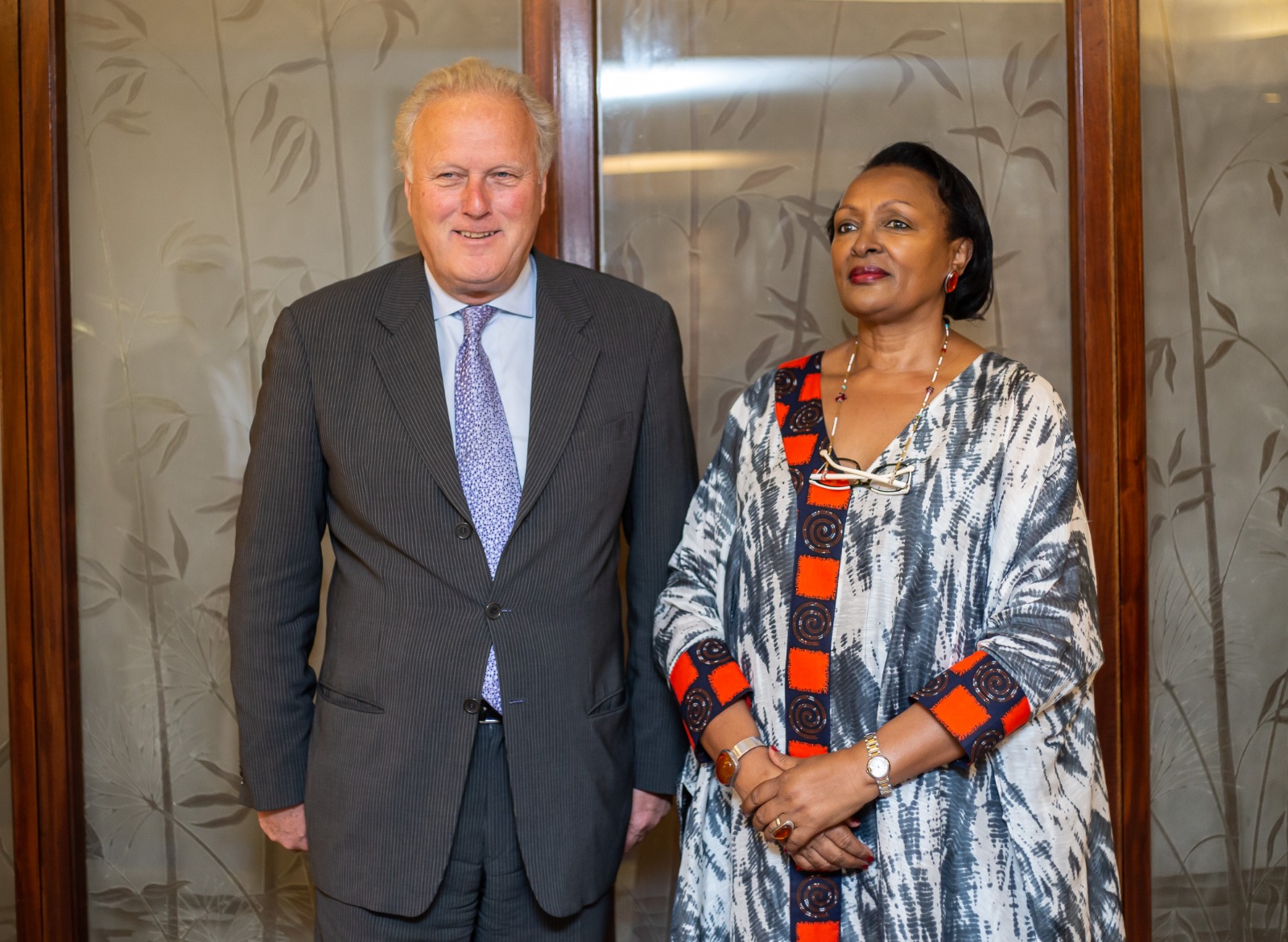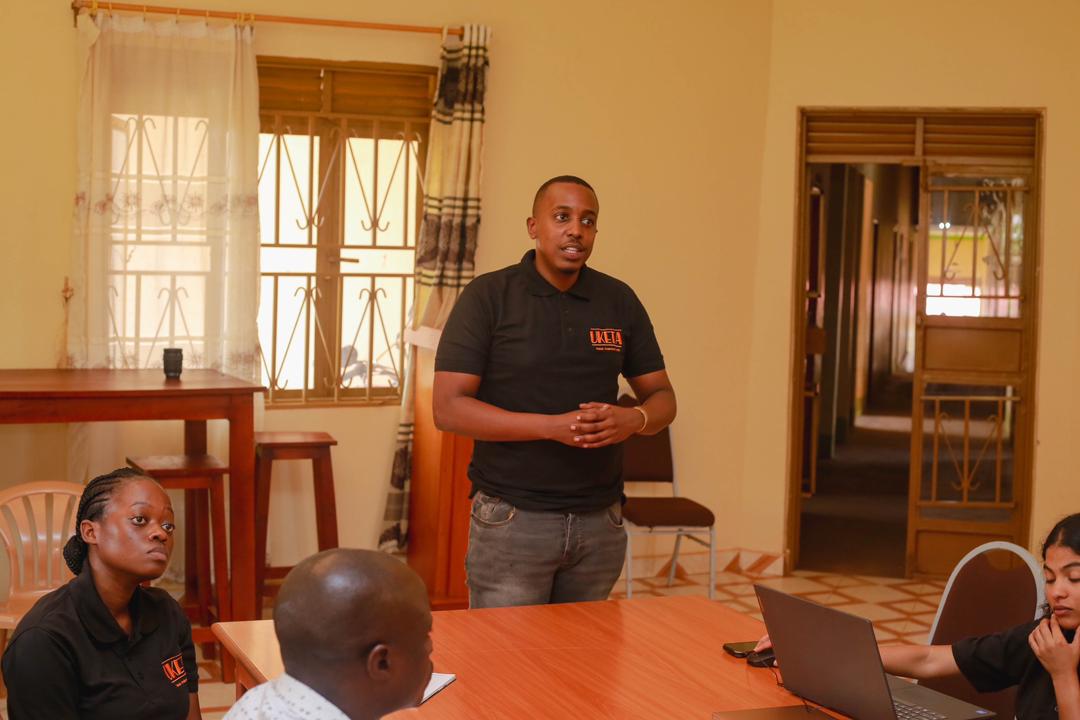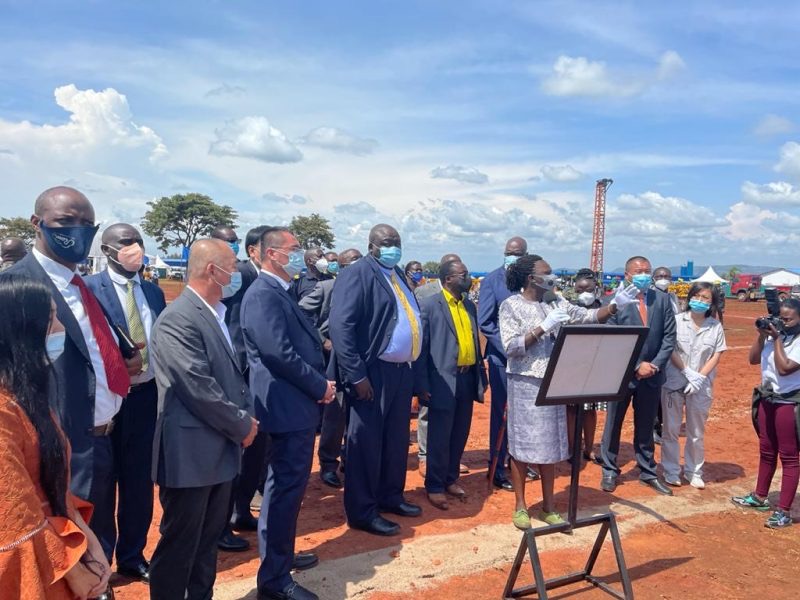Uganda fast-tracking oil refinery deal - Nankabirwa

Dr. Nankabirwa, the Energy Minister, is optimistic that the 2025 oil production target would be achieved.
The Ugandan government is accelerating negotiations with Alpha MBM Investments of the United Arab Emirates to finalize a landmark deal to build a 60,000 barrels-per-day oil refinery in western Uganda, seen as a crucial step in Uganda’s ambitions to become Africa’s newest oil producer.
Speaking at a press briefing in Kampala on Wednesday, Ruth Nankabirwa, the Energy and Mineral Development Minister, expressed optimism about the ongoing discussions.
“Negotiations for the key commercial agreements, including implementation, crude oil supply, and shareholders agreements with Alpha MBM, are ongoing,” she said, adding that the Attorney General’s office and the Ministry are playing pivotal roles at the negotiation table.
- “Once these agreements are finalized, the consortium is expected to promptly and swiftly begin the project implementation,” she added.
The negotiations with Alpha MBM began in January 2024 after Uganda abruptly ended talks with a consortium that included the U.S. firm Baker Hughes.
The decision was driven by frustrations over delays in securing the necessary funding for the refinery project. Initially, the government had aimed to conclude the deal by June 2024, but the complexities of the negotiations have extended the timeline.
- The Emirates Prince Sheikh Mohammed bin Juma Al Maktoum, whose personal net worth is said to be about $16 billion, heads the Alpha MBM Investments, which was endorsed by the Government of Uganda to be the lead partner in the country’s $4.5 billion oil refinery project.
Nankabirwa highlighted the significance of the refinery project for Uganda’s economic future, noting that increased oil production will drive economic growth and generate substantial national revenue.
The refinery is also expected to reduce Uganda’s dependence on expensive imported refined products, ultimately lowering the costs of petrol, diesel, and other fuels.
A key concern in the negotiations has been assurance of a reliable crude oil supply to the refinery. Nankabirwa made a pointed reference to the challenges faced by Nigeria’s Dangote Refinery, which has struggled to secure adequate crude oil from domestic production. She stressed that Uganda is determined to avoid similar pitfalls, ensuring that the Alpha MBM consortium is confident in the sustainability of the crude supply.
She said the previous consortium, the Albertine Graben Energy Consortium, which included American and Italian firms, failed to raise funds from U.S. stock markets, largely due to the global shift away from fossil fuels. This setback underscored the need for a more reliable financial model, which Uganda hopes to find in its partnership with Alpha MBM.
- The $4.5 billion refinery project is not only critical for Uganda’s oil sector but also seen as the cornerstone of the country’s Energy Transition agenda, producing Liquefied Petroleum Gas (LPG), a critical component of Uganda’s `clean cooking’ initiative.
- Also crucial to the oil production phase ahead of the 2025 target, is the completion of the East African Crude Oil Pipeline (EACOP) to evacuate the bulk of the crude oil for export through the Tanzanian port of Tanga on the Indian Ocean coast.
As negotiations near conclusion, the Government is keen to synchronize activities with Alpha MBM to expedite the refinery’s construction, which is expected to supply finished petroleum products such LPG, petrol and diesel both for local consumption and export to the East African region.
“We will synchronize the program so that we handle certain things simultaneously,” Nankabirwa stated, adding that the consortium has already promised to conclude the final investment decision as soon as possible.
The discovery of crude oil holds the potential to transform various aspects of Uganda's eco-nomic landscape, including providing job opportunities and revenue to fund infrastructure projects, social programs, and other developmental needs.






























